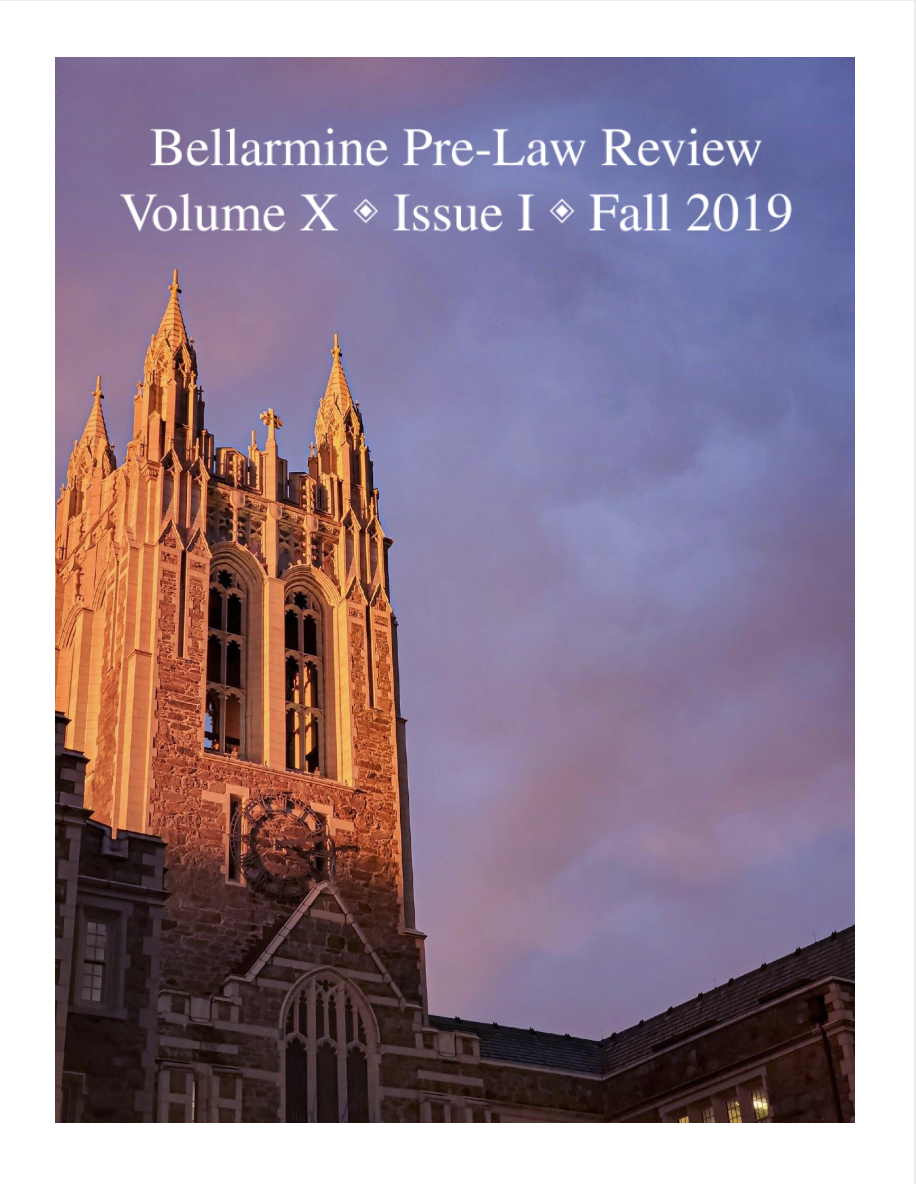The Implications of Voter Identification Laws: Voter Fraud or Voter Suppression
Keywords:
voter indentification, elections, voter identification laws, voter fraud, voter suppression, Supreme Court, election securityAbstract
Figueroa analyzes the legality and controversy of implementing stricter voter identification laws in the United States electoral system. Through her examination of Crawford v. Marion County Election Board, Figueroa discusses the Court's approval of Indiana's strict voter identification laws in order to prevent fraud, which as a result, increased people's trust in the fairness of the voting system. Yet Figueroa balances her analysis by presenting multiple opposing arguments, particularly exploring the consequences of restricting or disenfranchising certain demographics of voters who currently are eligible to participate in the election process. Figueroa's work illuminates the ongoing relevance of this issue at the crux of political, economic, and social justice concerns.
References
N/A
Downloads
Published
How to Cite
Issue
Section
License
Please follow the link for further Copyright and License Information.


